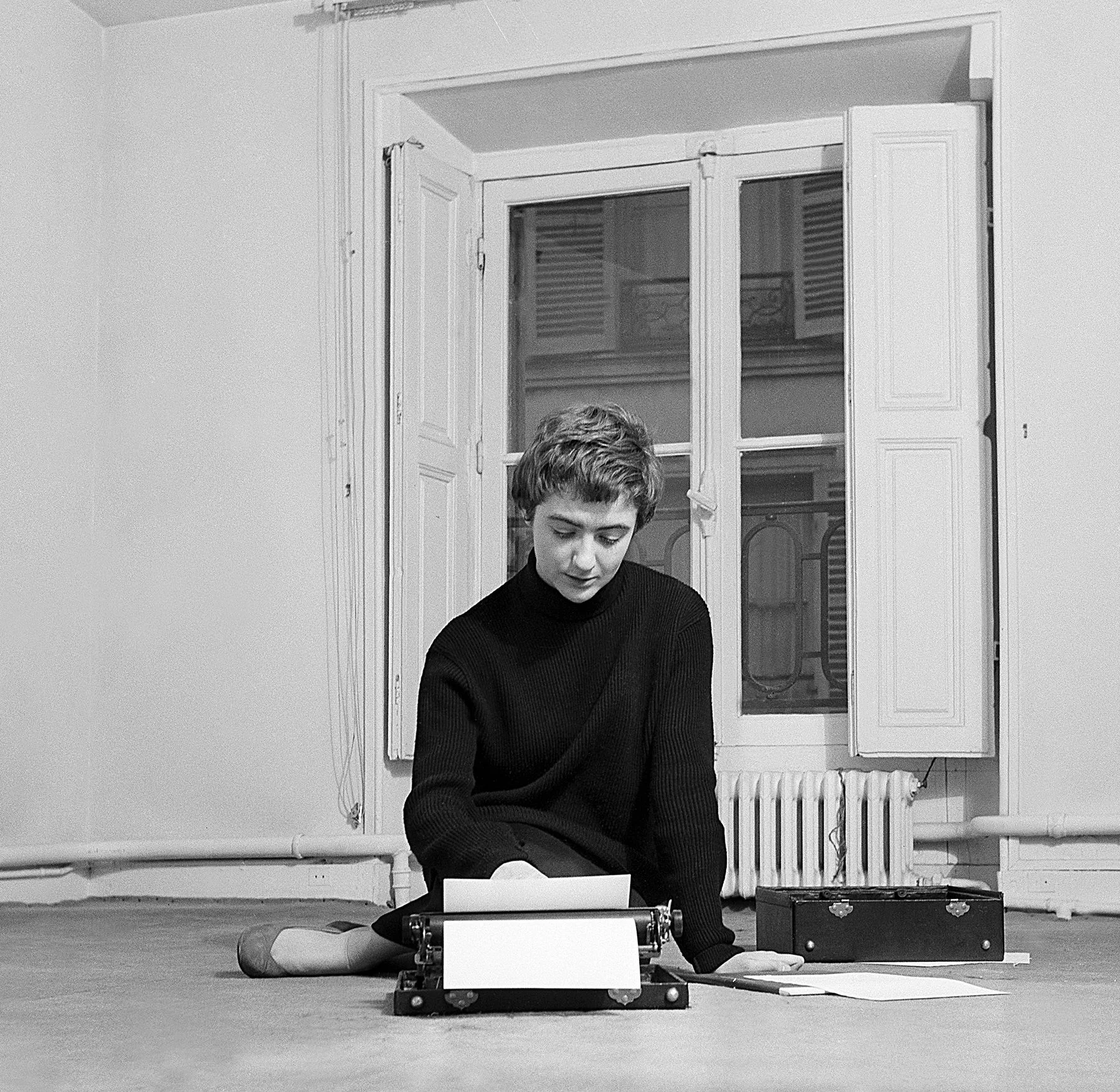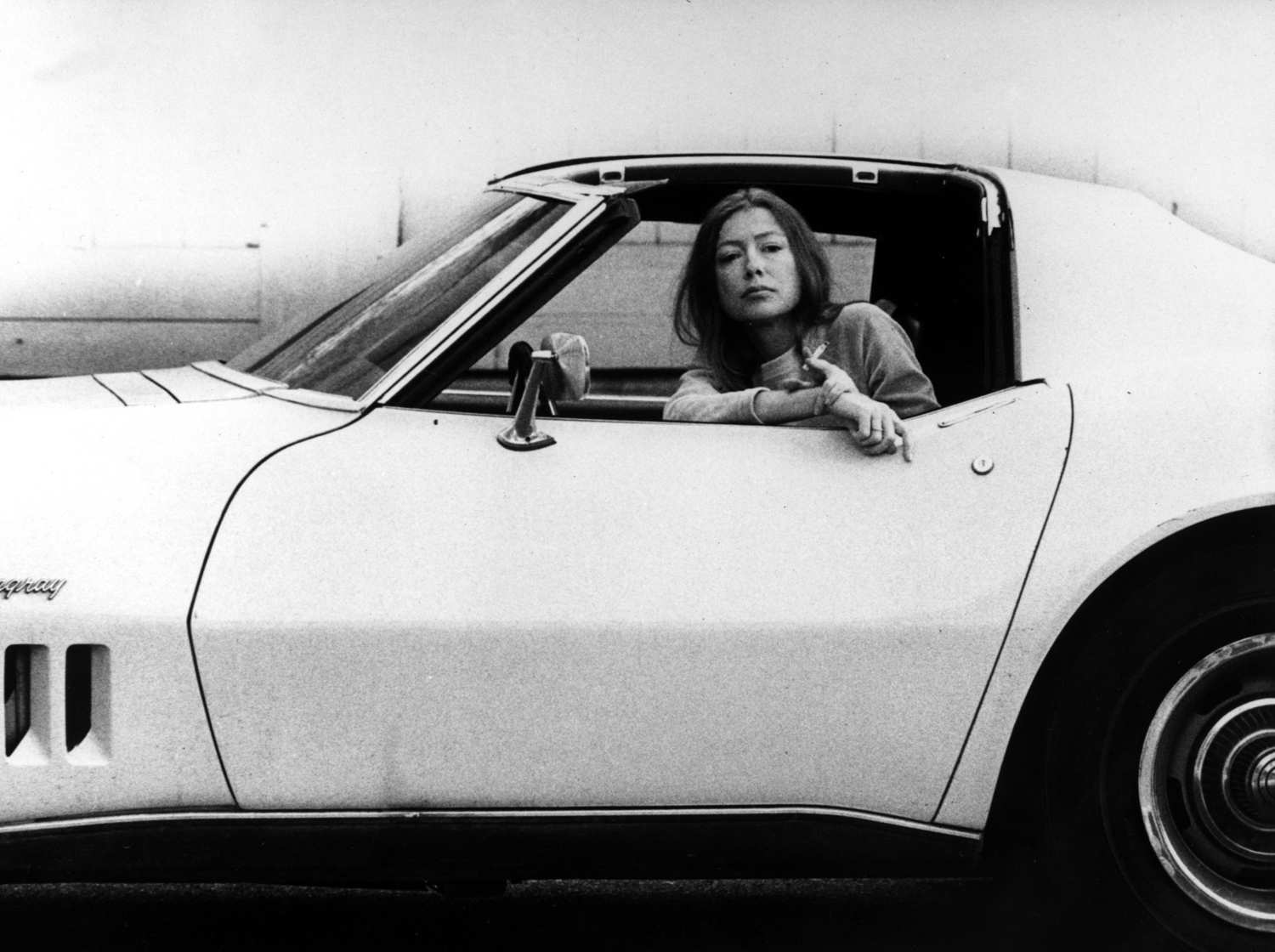Interview w/Françoise Sagan
In a 1956 interview with The Paris Review, 20-year old writer Françoise Sagan was just coming off the notorious success of her novel Bonjour tristesse (english translation; Hello Sadness). Sagan’s writing was known for romances involving wealthy, disillusioned, bourgeois characters. She quickly became the literary spokesperson of youth rebellion and played with the ideas of morality and pleasure. During that time, you could call her the “rebel without a cause” in French Lit. The interview speaks with the writer on her reason to write, driving her characters, and how she then felt about Bonjour tristesse, two years after it’s debut overnight success.
INTERVIEWER
How did you come to start Bonjour tristesse when you were eighteen? Did you expect it would be published?
FRANÇOISE SAGAN
I simply started it. I had a strong desire to write and some free time. I said to myself, This is the sort of enterprise very, very few girls of my age devote themselves to; I’ll never be able to finish it. I wasn’t thinking about “literature” and literary problems, but about myself and whether I had the necessary willpower.
INTERVIEWER
Did you let it drop and then take it up again?
SAGAN
No, I wanted passionately to finish it—I’ve never wanted anything so much. While I was writing I thought there might be a chance of its being published. Finally, when it was done, I thought it was hopeless. I was surprised by the book and by myself.
INTERVIEWER
Had you wanted to write for a long time before?
SAGAN
Yes. I had read a lot of stories. It seemed to me impossible not to want to write one. Instead of leaving for Chile with a band of gangsters, one stays in Paris and writes a novel. That seems to me the great adventure.
…










